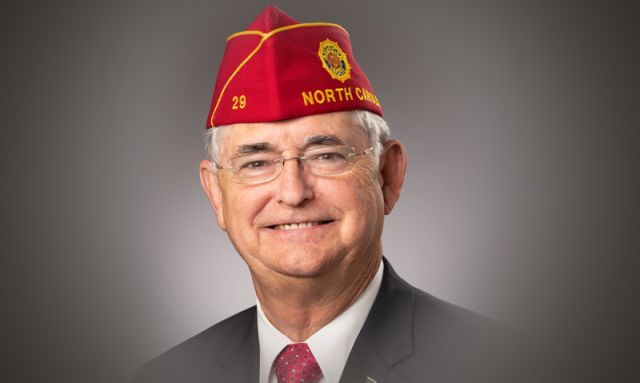
A mission to save lives
The holiday season, for most, is a time of joy and family togetherness. For some, including a significant number of veterans, it’s also a time of serious risk, especially if they are alone or believe they are.
VA Secretary Robert Wilkie told Legionnaires at the 101st National Convention in August that suicide prevention among veterans is the department’s No. 1 clinical priority. The problem for VA is finding those who need help, who may be isolated, and connecting them with services and support people. Of the 20 veterans and military personnel lost daily to suicide, only six are enrolled in the VA health-care system.
A 2019 American Legion mental-health survey of more than 13,000 veterans and their families confirmed the need for VA’s call to action. Over 30 percent of respondents said they knew a veteran who had died by suicide. About four in 10 veterans were unsure if they were even eligible for VA mental health-care services. Clearly, we have work to do.
“No VA secretary, no federal department, can solve this problem from Washington, especially when most of those veterans we need to reach are not in our system,” Wilkie said. “We will not get anywhere on veteran suicide until this nation has a national conversation ... and that is a conversation that veterans can start today.”
I would take his suggestion a step further. It has to be more than a conversation. It needs to be our mission. American Legion department chaplains gathered Sept. 21 for a conference in Indianapolis, where a VA suicide-prevention case manager explained that clergy and religious leaders “may be the first person (veterans) turn to for comfort, guidance and help” when facing mental health issues. The mission, we know, is not the responsibility of Legion chaplains alone. It belongs to all of us.
Among the many reasons for American Legion posts to conduct regular Buddy Checks, suicide prevention stands apart in what is described as a national crisis, one quantified by a 22-percent-higher suicide rate among veterans compared to the average adult U.S. population. The Buddy Check program, launched last March, has inspired posts to reach out to members and former members to simply see how they’re doing. How can the Legion help them when they are struggling with life’s difficulties? Their answer is how we execute our devotion to mutual helpfulness.
We are not asking Legionnaires to serve as mental health counselors. We are asking them to help steer veterans and their families to
professionals who can help. VA counselors at the chaplain conference suggested the Legion become familiar with the S.A.V.E. process: signs, ask, validate and encourage. A training video at psycharmor.org/courses/s-a-v-e provides guidance on how to identify signs of suicidality, determine if a veteran is at risk and encourage them to get help.
If the need for help is immediate, the VA Suicide Crisis Line is available 24 hours a day, seven days a week, 365 days a year at 1-800-273-8255. Press 1 for veterans, text to 838255, or chat online at veteranscrisisline.net to receive confidential intervention and support.
Nothing is more essential to the existence of The American Legion than direct, personal contact with our fellow veterans – members or not – and helping them understand that they are not alone.
